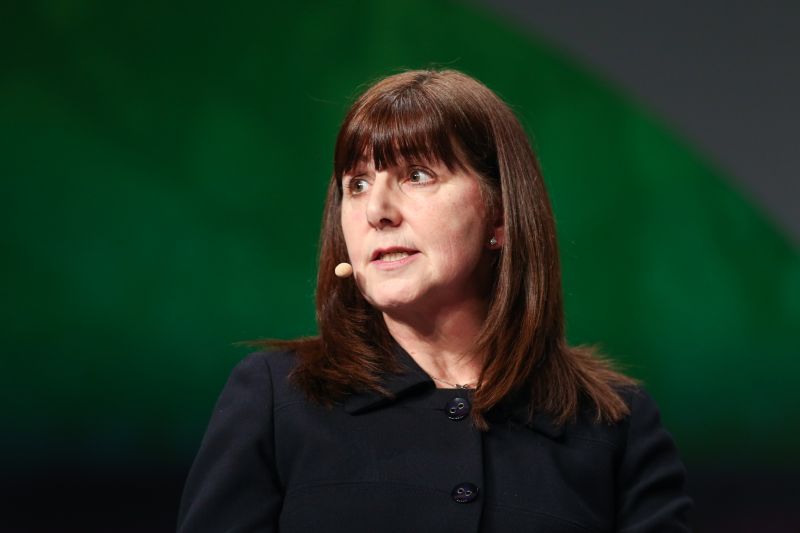
A ‘no deal’ Brexit could 'decimate' rural communities and have a 'devastating' impact on farming, according to Wales' Rural Affairs Secretary, Lesley Griffiths.
The Welsh Labour Minister said a ‘no deal’ should be 'avoided at all costs' to protect the country's 'valued' rural and communities.
Welsh red meat will be particularly vulnerable in the event of a ‘no deal’, with 90% of Wales' red meat exports going to the European Union.
The prospect of high tariffs in the event of this scenario will only add to the cost of exporting, Ms Griffiths has highlighted.
Leaving the EU without a deal would also mean all consignments of live animals and products of animal origin will need an export health certificate and need to enter the EU through a Border Inspection Post (not available in Calais). She said this will add to the costs of production and bureaucracy.
The Minister said: “We have always been clear a no deal Brexit is not an option for Wales’ farming and fishing industries. Crashing out of the European Union could decimate our rural and coastal economies and must be avoided at all costs.
“Any no deal scenario would be bad for Welsh farmers as 90% of our red meat exports go to the EU. High tariffs, increased bureaucracy and delays at the border will only add to costs of exporting.”
Ms Griffiths added: “But a no deal combined with the removal of UK import tariffs would be the worst case scenario for Welsh and British agriculture, allowing cheap food imports at a time when our exports could be subject to tariffs of up to 50% for some sectors.
“This would also be the case for our shellfish industry, which is equally dependent on exporting to the EU. Any delays at ports preventing delivery of the live products within 24 hours could potentially wipe out the industry,” she said.
The Welsh government has provided £6m for projects to help the food and farming industry ensure their competitiveness in changing markets and enable them to thrive in a post-Brexit world.
